Charting a pedagogical course through stormy seas
by Victoria Jefferies Sea state: rough, occasionally very rough, rarely smooth! It’s rarely plain sailing in Early Childhood Education and Care (ECEC) with its myriad
Early Education Associate, Caroline Eaton writes about developing bespoke support for childminders for Oldham Borough Council.
Since 2021, Early Education has been working alongside Oldham Early Years service to support their childminders To celebrate their achievements, we recently arranged an event for participants to share good practice and to get together with others working in the locality. This celebration of practice allowed ten childminders to share experiences and ideas in an informal way. Topics included how to develop forest school elements within practice, starting from a story and using open-ended resources, and considering the impact of trauma-informed practice training. The event was well received, enabling childminders to meet, network, and share their knowledge, whatever their level of experience. The success of this event has encouraged us to set up another opportunity next term to continue this approach of sharing expertise and experiences, and to allow childminders to learn from one another.
Creating opportunities to get together to share practice in-person reflects a new element of the project, as when it started it had to be a fully remote offer due to the pandemic. The support has focused on childminders awaiting their first inspection and those who had received an outcome of less than good. The project support has taken a range of formats, including Associates undertaking individual “visits” with childminders through virtual tours, and group training on key topics. Recently, the offer has become more blended with the inclusion of face-to-face meetings. This is in addition to the continuation of the former types of support that have been offered for an increased number of childminders.
Our approach is flexible and adaptable: the types of support are decided in conjunction with the childminder and at a time that is mutually convenient. We encourage innovative ways to support reflective practice – for instance, through the use of video and the analysis of the environment and practice in conjunction with an experienced consultant. We work with participants to co-construct the programme, to ensure that the support is suitably bespoke to each childminder’s context and development needs, which will ensure sustainability and lasting impact.
The project has provided opportunities to develop the pedagogic approaches and knowledge of the childminders involved, whilst also encouraging and enabling more experienced childminders to provide tips and advice for those new to the profession. Currently, a group of participants are working on a document that can be used to inspire other childminders to aim for an “Outstanding” Ofsted grade, to help build local capacity and connectivity. Events like our celebration of practice have helped to start building up informal networks in the locality, aided by the regular “celebrate, debate, and review” sessions that are offered on a monthly basis to bring people together.
The project’s approach has been popular with the participants. Some of the positive feedback we have received from those involved in the project includes:
“It has been great to have somebody come and talk with me. I can’t wait for the weekend to look through what I have and then think more individually about my children.”
“Being linked up with another childminder who thinks like me has been great. I am so proud of the sessions we run together now.”
“Every time I come to one of these meetings, I look at things differently.”
The inspection outcomes for those involved within the project are another marker of its success: 83% of childminders achieved a good (or met) outcome for a first inspection and 90% of experienced childminders have maintained or improved their outcome. The opportunities the project provides to consider and reflect on one’s practice, both independently and with others, are clearly valuable and enriching. We continue to offer opportunities to share knowledge and celebrate good practice, whilst also raising awareness of the support and resources that are available in the locality and wider community, to ensure the childminders benefit from the project’s approach
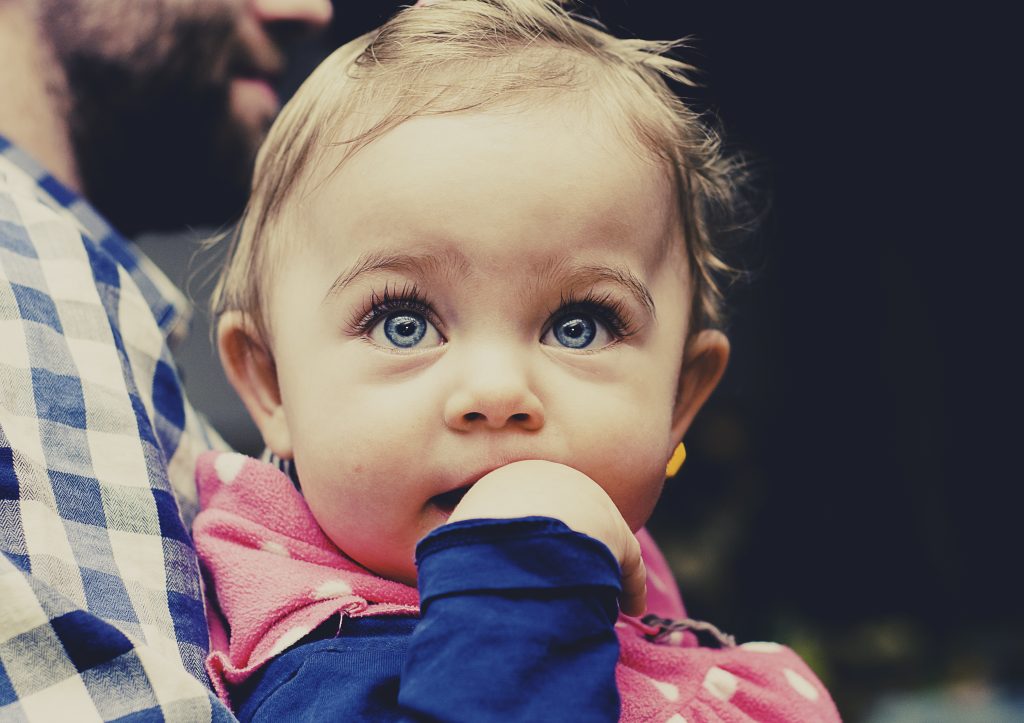
by Victoria Jefferies Sea state: rough, occasionally very rough, rarely smooth! It’s rarely plain sailing in Early Childhood Education and Care (ECEC) with its myriad
Early Education Associate, Debi Keyte-Hartland reflects on a recent commission by Balcarras Teaching School Hub In Gloucestershire to deliver a four-day course on Sustained Shared
by Frances Giampapa and Claire Lee Introduction A wealth of evidence demonstrates the fundamental role played by early years (EY) education in shaping a thriving
In this article, Kate Irvine from Bristol Early Years discusses the impact of practitioners engaging in a sustained process of CPD through cluster groups and
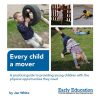



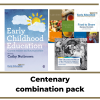


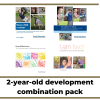
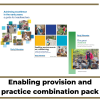
Early Education
2 Victoria Square
St Albans
AL1 3TF
T: 01727 884925
E: office@early-education.org.uk